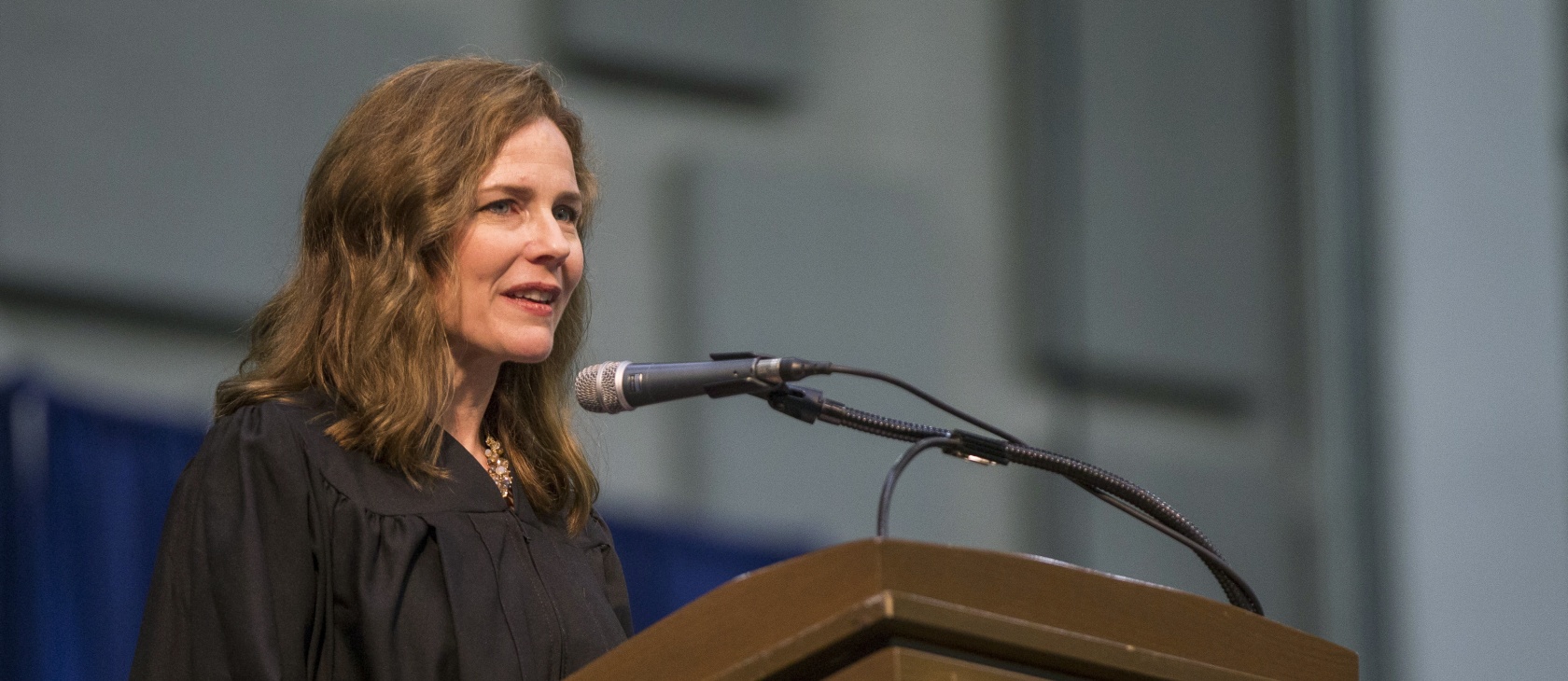Those following Britain's increasingly eccentric politics will have heard of a new craze called Moggmentum - a sort of semi-ironic campaign to make Tory backbencher Jacob Rees-Mogg prime minister. And yet it may have ended with the country's unofficial Test Acts debarring religious believers from public life.
Rees-Mogg, nicknamed “the honourable member for the early twentieth century,” looks and talks rather like a British politician would in a Dick Van Dyke film set in Edwardian London. In an age of levelling, when even British public schoolboys can sound like Ali G, Rees-Mogg speaks in an Etonian drawl about his childhood nanny, whom he once took with him on campaign when he first ran for parliament in the tough Scottish constituency of Central Fife. He lost that, but eventually found the safe seat of North East Somerset, close to where he grew up and very much in the deepest heart of Deep England.
Back in 1999, when he was first trying to launch his career, it was thought that Rees-Mogg's “anachronistically posh” accent ruined any hope he had in politics, and yet like Labour leader Jeremy Corbyn or UKIP's Nigel Farage, as well as his fellow Old Etonian Boris Johnson, his very unpolished authenticity has been turned to his advantage. But how much authenticity do people really want? With the charming Edwardian mannerisms – he is also unceasingly polite, an underrated quality in Britain – come those same antediluvian attitudes.
Last week eruptions of anger greeted the MP’s appearance on Good Morning Britain, a lightish chat show. When asked about abortion, he said it was “morally indefensible” under any circumstances. Rees-Mogg added that he opposed gay marriage, because “marriage is a sacrament, and the decision of what is a sacrament lies with the Church, not with Parliament.” However, he said that as prime minister, he would not interfere with the legal availability of abortion, because his private faith “wouldn’t be the law of the land.”
The commentariat were, of course, outraged. Guardian columnist Suzanne Moore wrote, “Rees-Mogg’s religious faith is used to excuse his appalling bigotry. He is a Catholic and this kind of fundamentalism is always anti-women, but for some reason we are to respect it. I don’t. It has no place in public life.”
Perhaps they smelled blood. Earlier this year Tim Farron was driven from his role as leader of the country's moribund centrist party the Liberal Democrats over his views on same-same relationships, although the evangelical Farron answered with not quite Thomas More-like courage.
And so, at first, Rees-Mogg's odds of becoming the next prime minister lengthened, his political career seemingly destroyed in a controlled explosion. Yet by the following morning they had largely recovered, which suggests that either the public respects people with sincerely held opinions they do not share, or that it is more tolerant and liberal (in the classical sense) than the elites.
Religious belief has almost universally played a central part in maintaining high levels of trust within groups.
Not all that long ago, deviant beliefs really did have no place in British public life. The Test Acts, which debarred non-Anglicans from public life by forcing all members of Parliament to take the sacraments at a COE parish, were abolished in the 1820s. Still, other restrictions remained for some time after that. The Manchester Guardian was founded by Unitarians, non-conformists whose “Judaizing” beliefs were held to have, in Moore’s phrase, “no place in public life.” Along with Quakers, these small Christian groups played a huge part in creating the idea of progressive secularism now dominant on both sides of the Atlantic.
Political pluralism is hard work, an unnatural achievement, human beings having largely evolved in small groups of 150 people in which serious differences of opinion could be a threat to the tribe. The United States, dating back to Thomas Jefferson, has a more durable record of religious toleration, deeply ingrained constitutional protections, and a greater percentage of adherents. But even here religious tolerance faces intense pressure.
In the same week that Rees-Mogg was grilled on television, Professor Amy Coney Barrett, President Trump's nominee to a federal appeals court, faced a less comfortable interrogation, as Senator Dick Durbin asked whether she considered herself “an orthodox Catholic.” Could she, in other words, do her public duty as a neutral arbiter if she was also beholden to the Bishop of Rome?
Senator Dianne Feinstein of California went further, telling the nominee:
Dogma and law are two different things. And I think whatever a religion is, it has its own dogma. The law is totally different. And I think in your case, professor, when you read your speeches, the conclusion one draws is that the dogma lives loudly within you, and that’s of concern.
Of course, people may well argue that now the shoe is on the other foot and the culture war's losing side want to call for a truce. There was a time in Britain when atheists could not win child custody cases, while a few decades ago only a tiny proportion of Americans would have voted for a non-believer as president. Even today, atheists remain the least electable group in the U.S.
This fits in with Max Weber's observation that people are much more likely to trust people with religion - even one totally different to theirs - to atheists. Etymologically “religion” comes from the Latin “to bind,” and religious belief has almost universally played a central part in maintaining high levels of trust within groups. Trust, or social capital, is a vital ingredient for any healthy society or political system. Even highly secular, liberal groups, such as Canadian students, display distrust for atheists, in one study rating them as trustworthy as rapists.
And yet is not an exaggeration to say that we are going through perhaps the biggest cultural transformation since the fourth century, when Christianity went from being a minority faith of city people to becoming, at first the official religion, and then the only one. Its growth was almost certainly helped by its strong opposition to abortion and infanticide, which made it popular with women. To the last pagans, this sudden transformation in society's norms was baffling and unsettling. That progressive secularism stems from Christianity and shares some of religion's worst traits – among them intolerance and a belief that everyone, everywhere must share their worldview – is of course ironic. And it is this very dogmatism and lack of doubt that makes some of its true believers so frightening.
(Photo credit: Rob Crandall / Shutterstock.)




